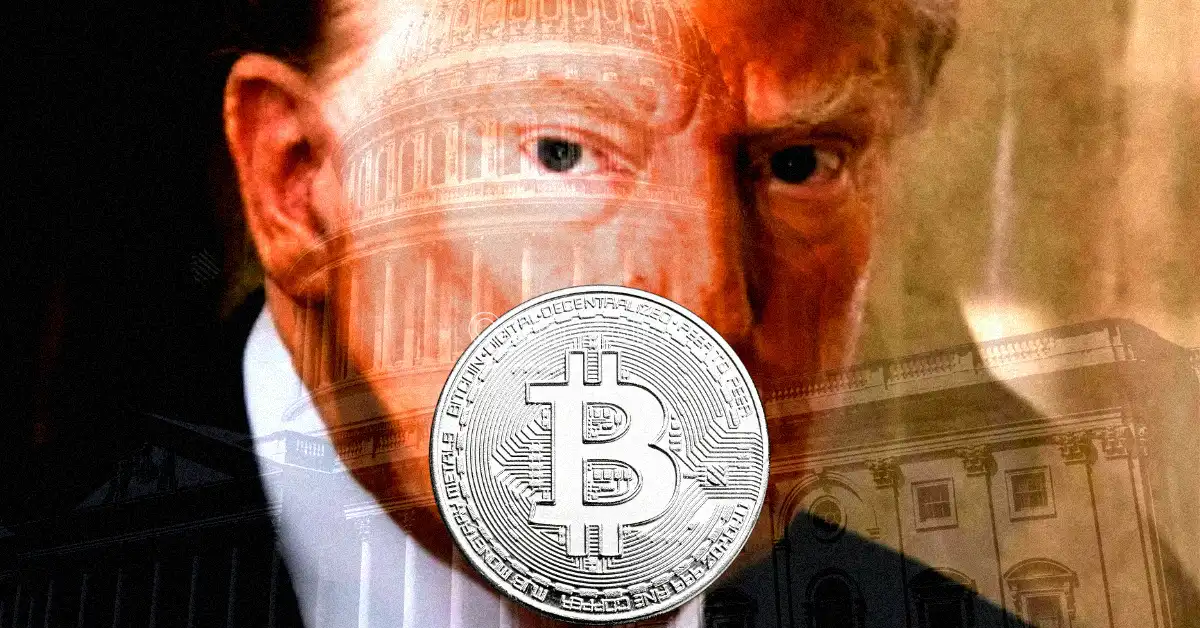
The Trump administration has revealed its plan to restructure the United States Agency for International Development (USAID). This comes just weeks after President Trump and Elon Musk moved to shrink government agencies, leading to thousands of USAID job losses and the cancellation of most foreign aid contracts. According to Politico, Trump wants a leaner agency focused on global health, food security, disaster response, and countering China’s influence.
His administration argues that USAID has been stretched too thin for too long, wasting money on “ineffective and fragmented” programs.
That’s not all. A leaked memo reveals plans to rename the agency, bring it under direct government control, and even use blockchain technology to track aid.
Let’s dive into the details.
Trump’s plan shifts the agency’s priorities to areas that directly benefit U.S. interests—promoting global stability, creating economic opportunities for American businesses, and responding to major threats like pandemics.
To increase accountability, the proposal calls for every aid program to have a clear end date and strict success measurements. Trump’s broader goal is to rebuild USAID as a smaller, more results-driven agency.
A memo circulating among State Department staff, reviewed by WIRED, reveals that USAID will be renamed U.S. International Humanitarian Assistance (IHA) and placed directly under the Secretary of State.
In a surprising move, the document states that the agency will use blockchain technology to improve security, transparency, and traceability in aid distribution. However, it is unclear whether this will involve cryptocurrency, stablecoins, or simply using blockchain for tracking aid.
USAID staff remain uncertain about the agency’s future. After Trump took office, the Department of Government Efficiency (DOGE), led by Elon Musk, placed all USAID employees on administrative leave, cut jobs, and halted payments to some global partners—including those delivering lifesaving aid.
Many are now questioning how these changes will affect U.S. humanitarian efforts in the long run.
The introduction of blockchain into USAID’s operations has sparked debate. Some experts believe it adds little value to humanitarian aid.
Linda Raftree, a consultant who helps aid groups adopt new technology, argues that blockchain is often unnecessary. “It feels like a solution to a problem that doesn’t exist,” she says, explaining that traditional systems can already track aid effectively.
Similarly, Giulio Coppi from Access Now points out that blockchain offers no real advantages over existing payment systems and has shown little impact in humanitarian work.
Despite the skepticism, blockchain has been tested in humanitarian efforts with some success. The United Nations High Commissioner for Refugees (UNHCR) has used stablecoins to assist Ukrainians, while the Kenya Red Cross has experimented with blockchain for aid distribution. The technology can speed up money transfers, but it also introduces new costs and complications, especially for small NGOs.
Trump’s plan to link USAID funding to blockchain-based performance tracking aims to prevent waste and fraud. However, critics warn that such a strict system may not work well in crisis zones, where aid must often be delivered quickly without bureaucratic delays.
In Trump’s world, foreign aid is about business, strategy, and a little bit of blockchain buzz.
Cardano (ADA), one of the most prominent Layer-1 blockchain platforms in the crypto space, is…
Dogecoin price has surged after news of a 500 million dollar DOGE treasury, while traders are…
Crypto analysts are searching for the next 100x crypto that can deliver gains similar to…
XRP is making headlines again, and this time it’s not just about price action. Crypto…
Two cryptocurrencies, Dogecoin and Pepeto, are making headlines in the crypto world. Dogecoin (DOGE) has…
XRP catapulted to $3.84 ATH from its low price—an increase that turned a modest $4,000…